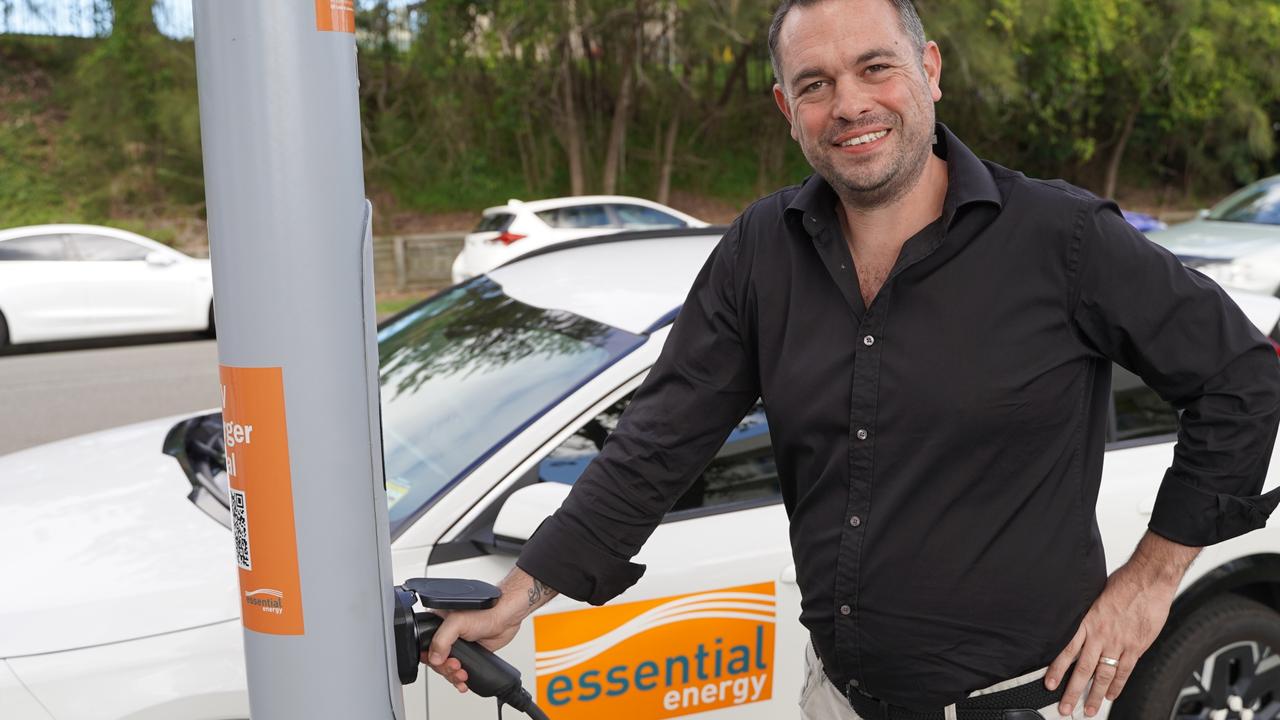Warning over rise in fires caused by batteries found in e-bikes and e-scooters
A stark warning has been issued for owners of popular electric bikes and scooters after an increase in troubling incidents.
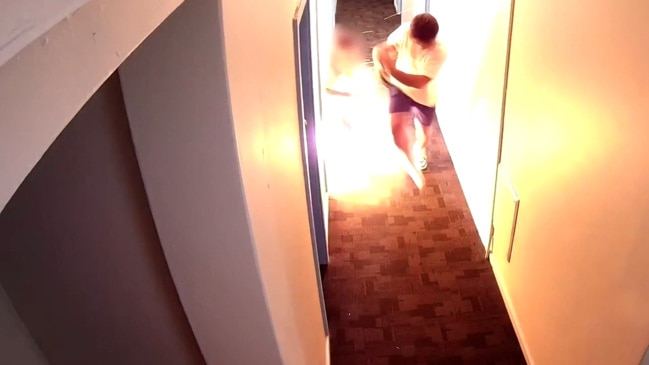
Technology
Don't miss out on the headlines from Technology. Followed categories will be added to My News.
A strong warning has been issued for e-bikes and e-scooters after a concerning rise in fires caused by batteries found in the increasingly popular vehicles.
Rechargeable lithium-ion batteries which are found in everything from mobile phones to laptops can overheat and even explode if they are charged incorrectly, and the consequences can be fatal.
In August a 54-year-old Sydney man died trying to put out a house fire believed to have been caused by burning lithium batteries.
The man had initially passed out after inhaling the toxic smoke produced when the batteries burn.
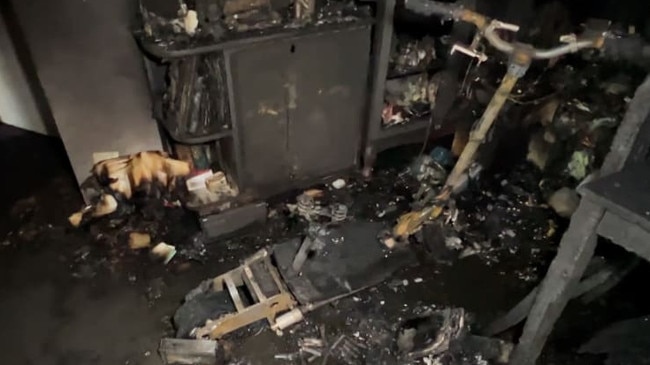
More than 70 backpackers had to be evacuated this week after a fire believed to have been caused by a dodgy e-bike battery ripped through a hostel in Sydney.
As well as the toxic smoke released, blazes from the batteries are particularly dangerous because they are very hard to put out.
Fire crews in NSW alone have responded to at least 32 incidents involving e-bikes and e-scooters so far in 2023, Fire and Rescue NSW Superintendent Scott Dodson told NCA NewsWire.
That represents a whopping 94 per cent increase on the same time last year.
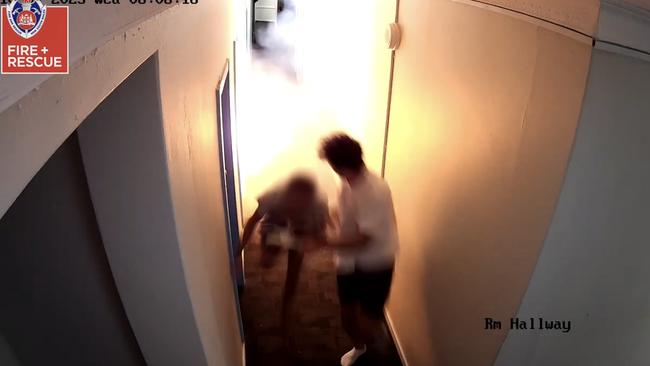
The problem is only expected to get worse, with the average household set to have an incredible 33 devices powered by lithium-ion batteries by 2026, according to the Australian Competition & Consumer Commission.
“We are concerned by increasing reports of lithium-ion battery fires resulting in property damage and serious injuries, including burns, chemical exposure and smoke inhalation,” ACCC Deputy Chair Catriona Lowe said.
The batteries are also an essential component in electric cars such as Teslas which are a vital part of Australia’s transition to net zero emissions.
A battery from one luxury electric vehicle sparked a blaze at Sydney Airport earlier this year, destroying five cars.
Lithium-ion batteries can also catch fire when crushed, posing an additional hazard if they are disposed of with general household trash.
A garbage truck in Bondi Beach dramatically caught fire in August when one of the batteries got mixed up with everyday items.
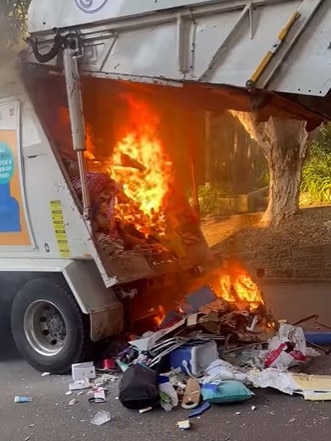
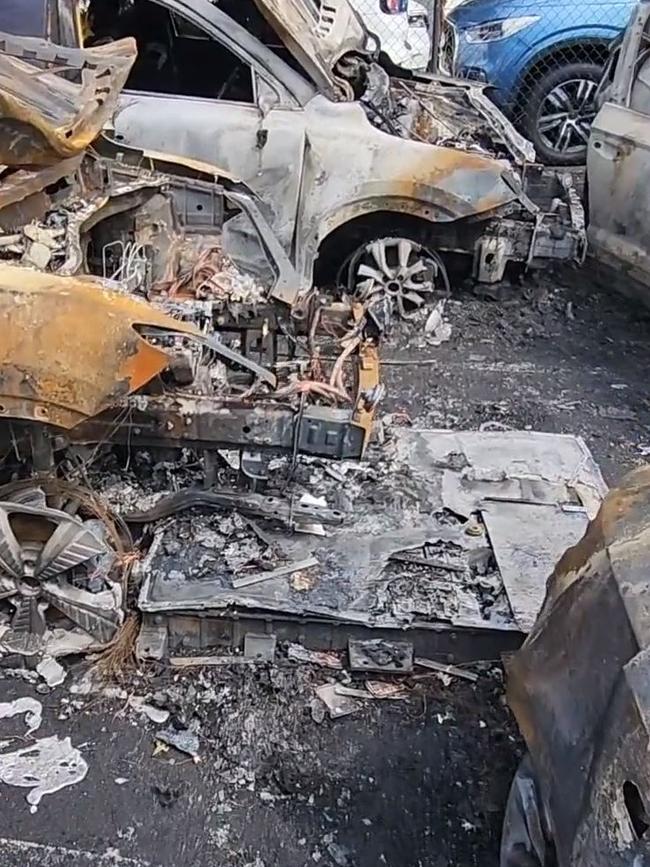
“Consumers should keep lithium-ion batteries out of household rubbish and check recyclemate.com.au and bcycle.com.au for information about safe disposal,” Ms Lowe said.
There are several situations that can lead to lithium-ion batteries catching fire, including:
- Overcharging or use of non-compliant charging equipment
- Overheating or exposure to heat or extreme temperatures
- Physical abuse (e.g. dropping, crushing, piercing, and/or vibrations)
- Short-circuiting, battery cell malfunctions or system faults
- Defects or contamination introduced during manufacture
Further information can be found on the FRNSW website.




